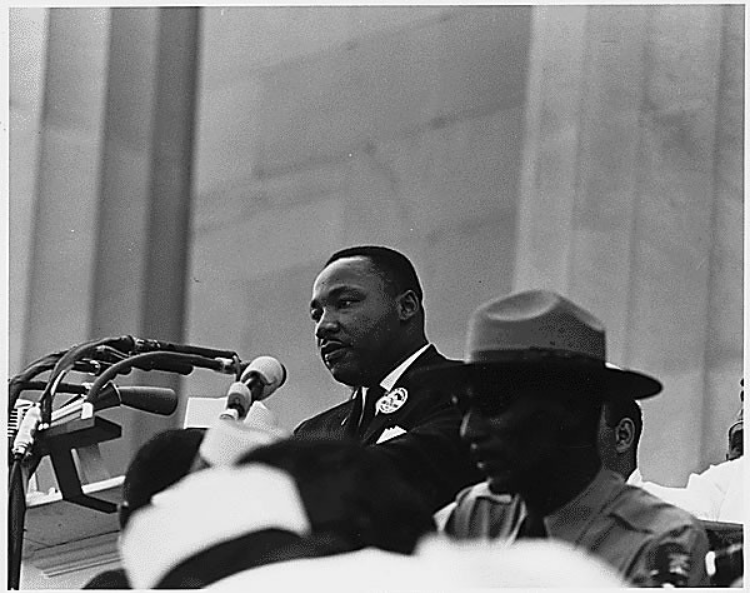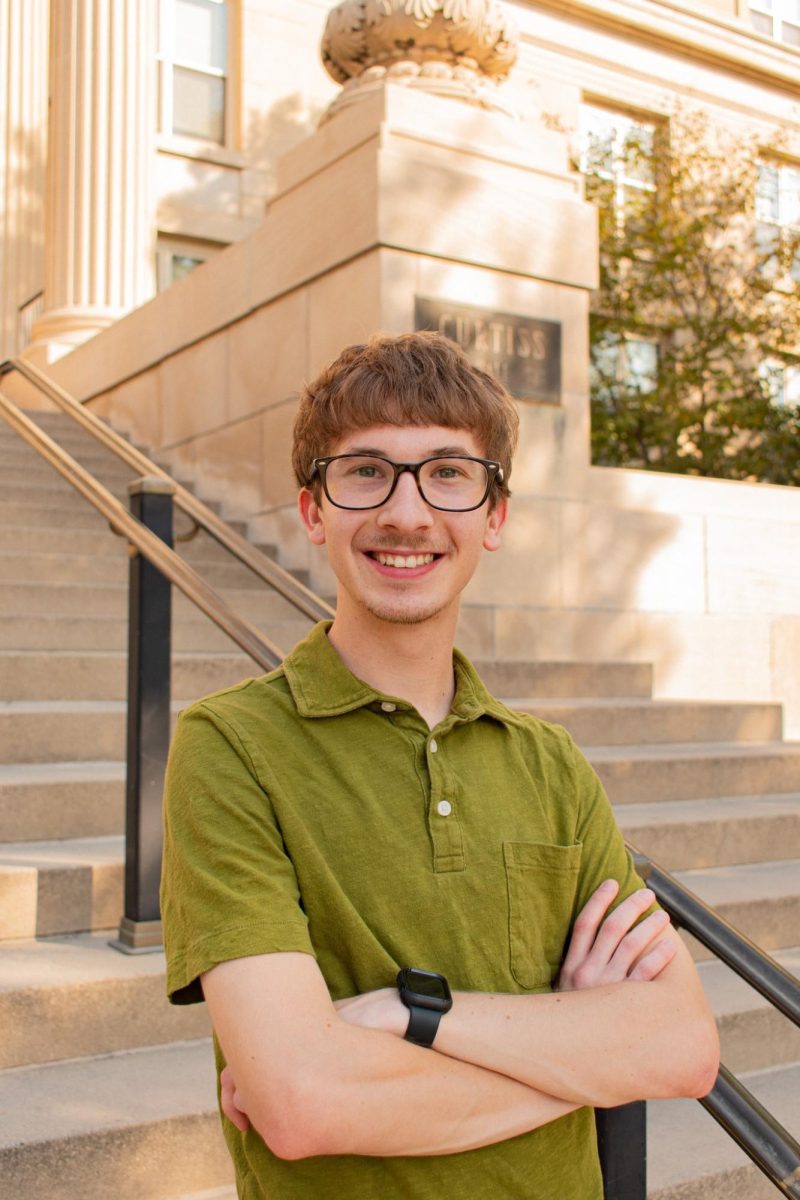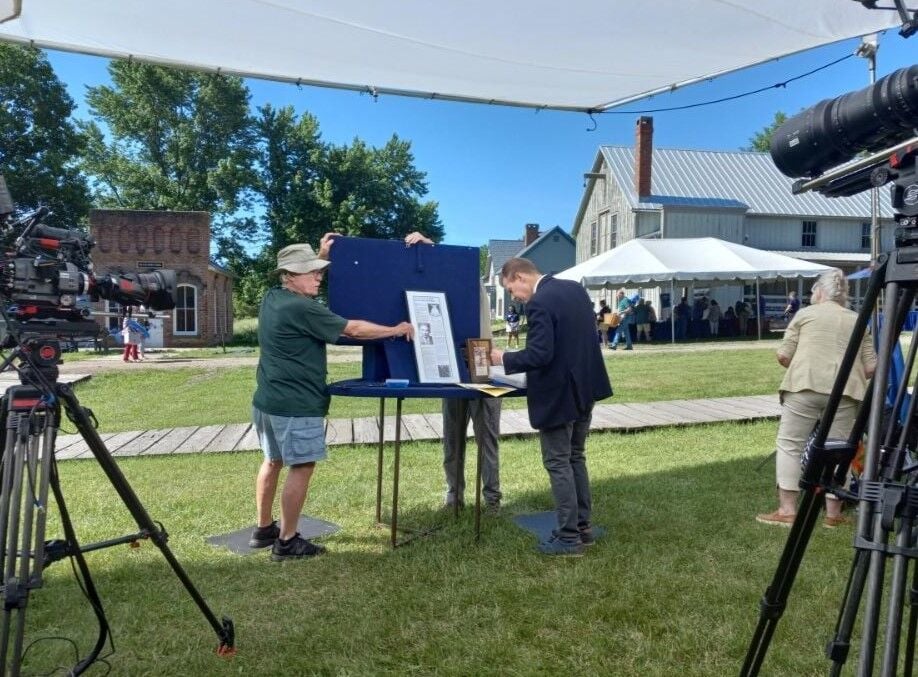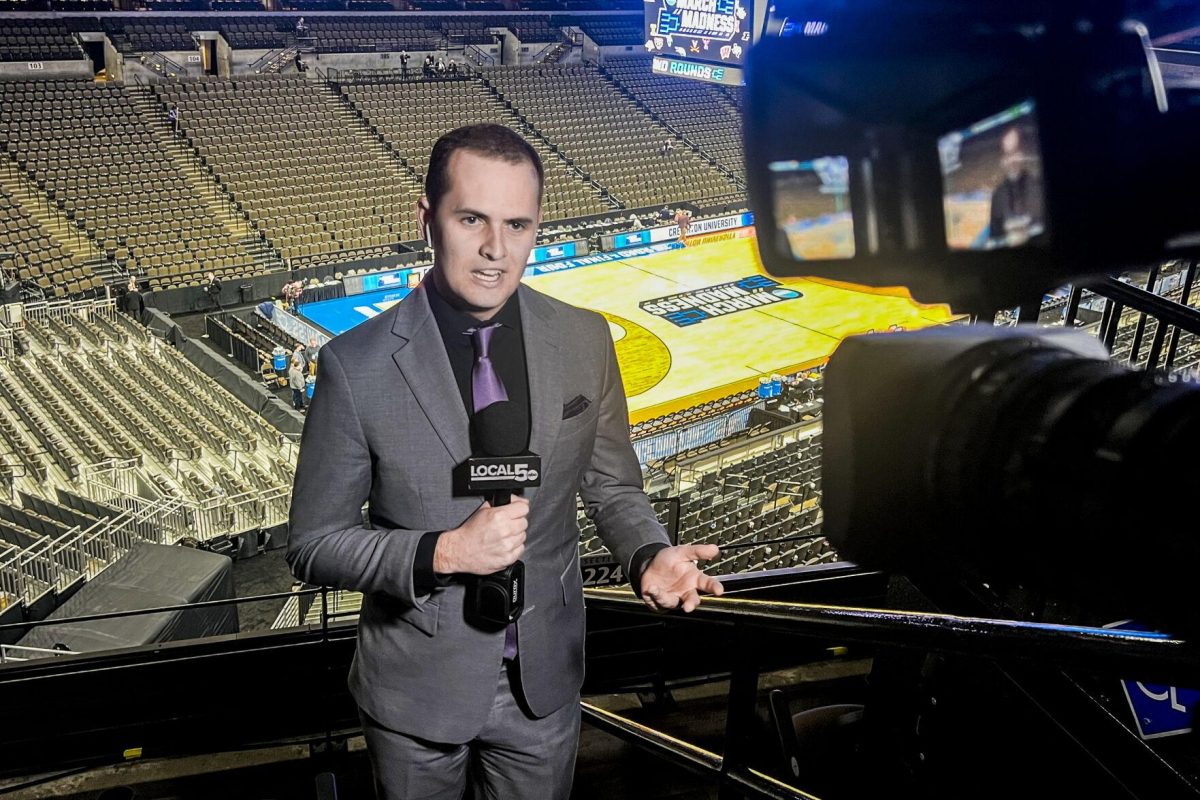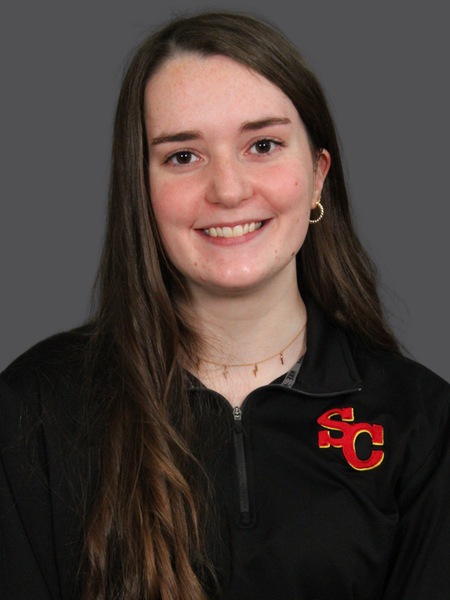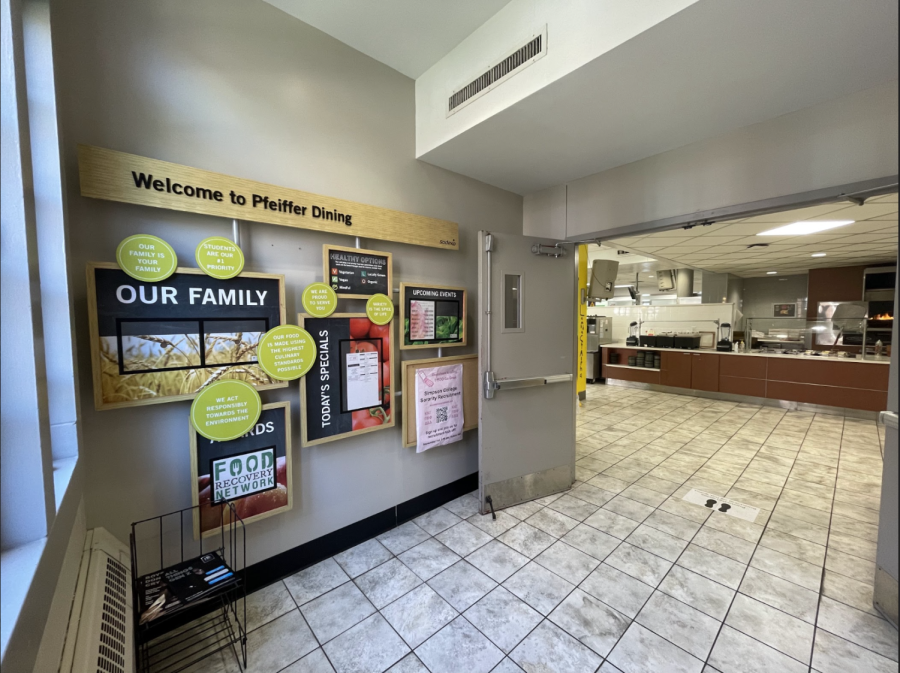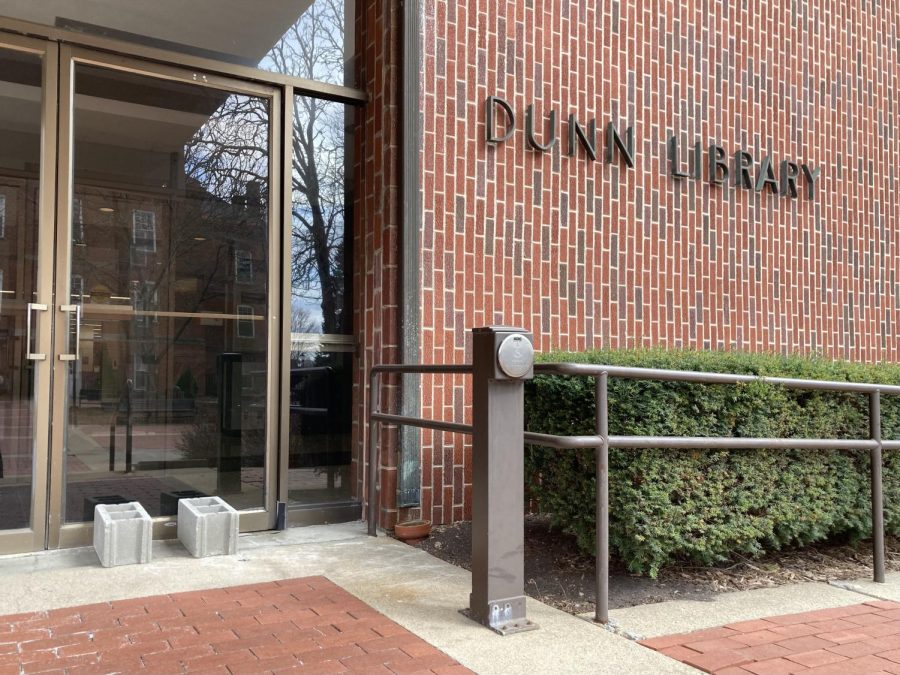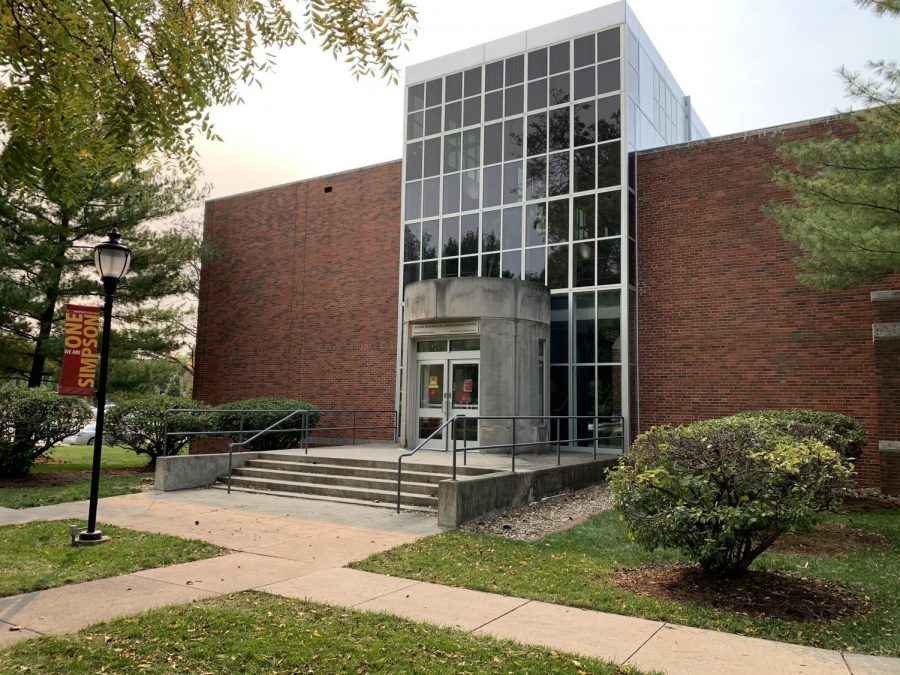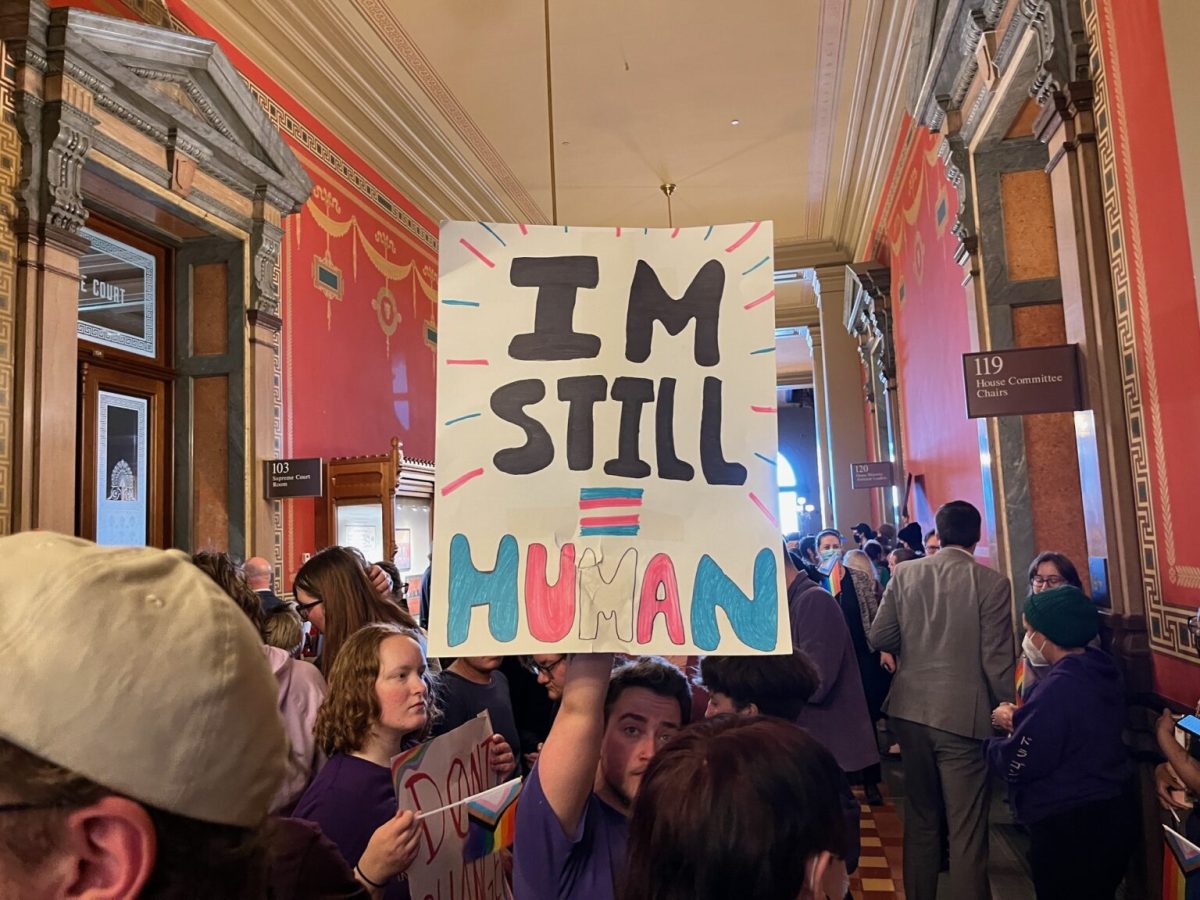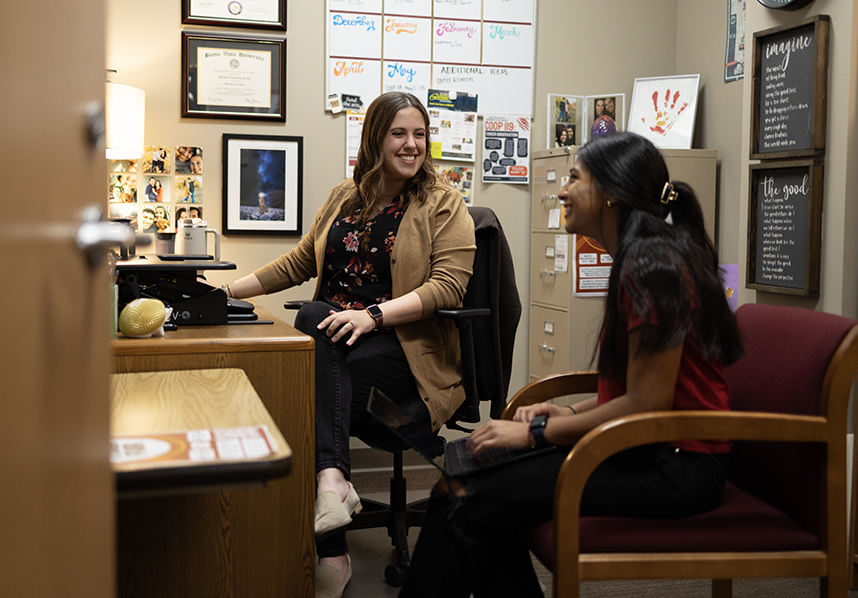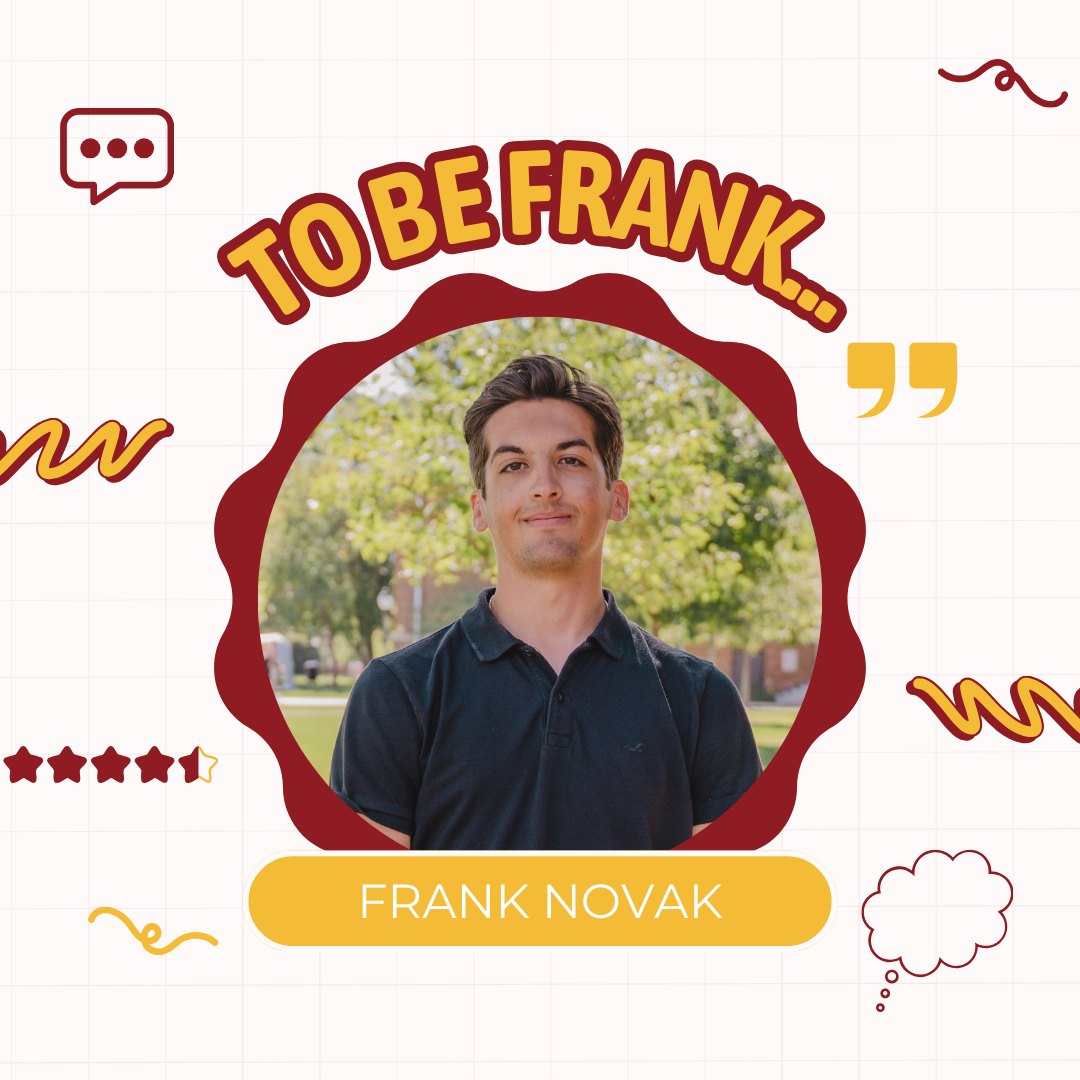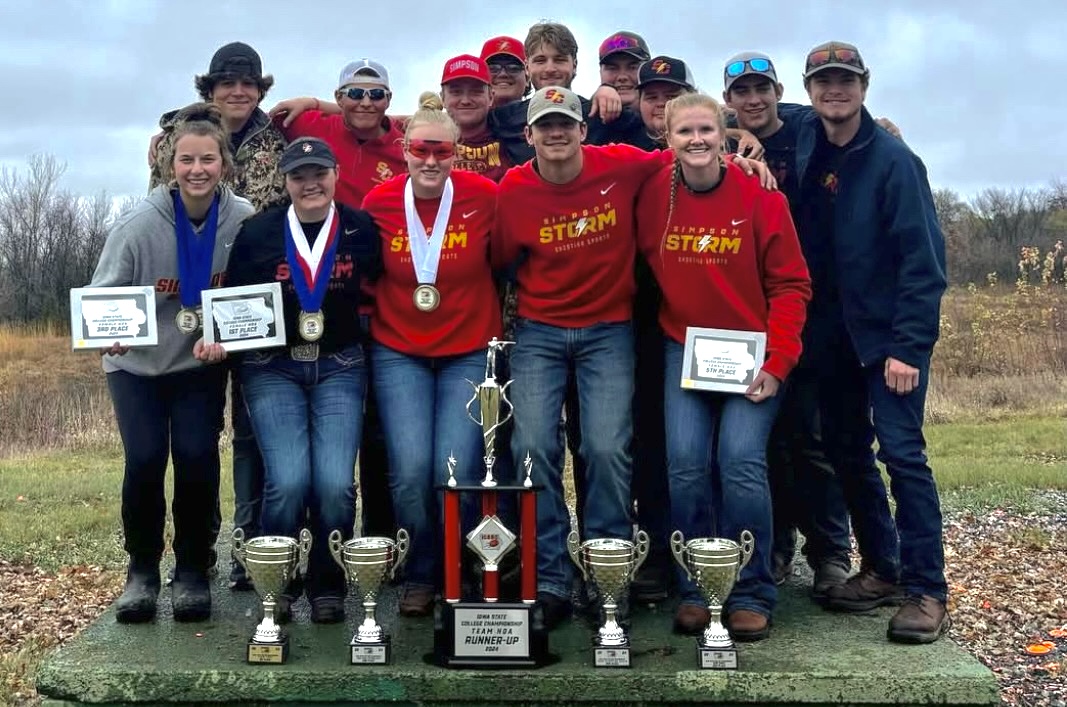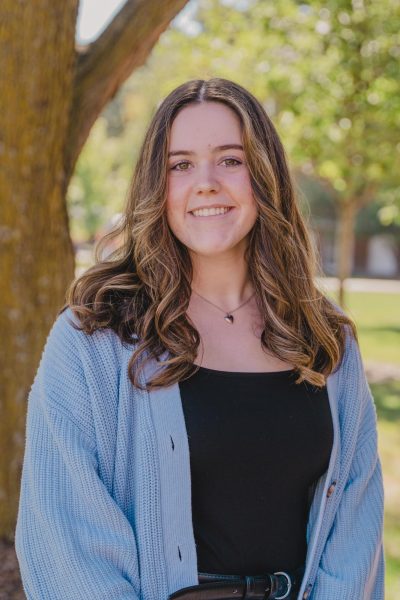Martin Luther King Jr. Day at Simpson College on Jan. 15 recognizes Dr. King’s contributions to the American civil rights movement and fosters dialogue and understanding among its community members.
For the past two years, Simpson has taken the step of honoring MLK Jr. Day as a day off, providing a chance for students, faculty and staff to engage in opportunities that celebrate the life and achievements of this historic leader who advocated for freedom, justice and equality for all.
This year, Simpson held a dialogue led by trained student facilitators, a lunch for those who attended the dialogue and service projects to participate in.
Even though temperatures were below zero, around 50 students and faculty, including President Jay Byers, attended the events. Some first-year students even got extra credit for their foundations class by attending.
The student-facilitated conversations in Hubbell Hall served as a forum for open discussion on topics related to civil rights, social justice, and the ongoing pursuit of equality.
“These are significant issues and topics that affect our lives, whether you’d like to think it doesn’t affect you or not,” Black Student Union President Cortney Louis said.
The first MLK Jr. dialogue
The first dialogue held on Simpson’s campus was on MLK Jr. Day in 2019, and 5 years later they used the same question that was discussed this year, which highlighted the relevance of the topic. The Civil Rights Movement is noted in the late 1940s to the late 1960s yet the attention to inequity and bringing justice has existed throughout the course of time.
This day allowed people to take the time to reflect on America’s history. Simpson is filled with students studying in different areas of education to serve the public, for the public. The college wants students to think about others so that they can all be successful.
Then, nearly 200 people attended the events hosted by the school.
The recognition of Dr. King’s activism through dialogue was previously honored in 2019 when the day off was not yet official, but time was carved out in the day for programming.
The importance of the dialogue
“We’ve all recognized how difficult it has been for some students to know how to be civil toward each other in a manner that does not burn bridges, does not offend and does not turn off others,” Tisha Carter-Smith, the associate director for multicultural and international affairs, said.
Students and faculty were able to participate in the dialogue, which allowed the exchange of different perspectives through different communication styles.
The aim was to highlight the value of having a campus atmosphere that supports Dr. King’s principles and encourages ongoing discussions surrounding justice and equality.
Heidi Levine, vice president for student development and planning, and Culver Center Executive Director Seth Andersen organized this year’s dialogue series.
They explored how authentic conversation helped people think about themselves on a deeper level by listening to each other and the different perspectives that people brought to an issue at hand.
“One of the core principles that Dr. King advocated was constructive non-violence and dialogue,” Anderson said. “Dialogue of this kind is a great way to practice constructive nonviolence because it moves us in a calm and rational way towards discussing solutions and trying to find common ground and understand how to operate on common ground.”
Levine said the polarization in today’s society needs conversation.
“Dialogue is a way of bringing community members together to talk about challenging issues,” she said.
The dialogue reflected the college’s commitment and students’ proactive involvement in shaping a campus culture that values inclusivity and diversity.
“Our campus certainly can use it, but our world desperately needs people to be able to do this,” Levine said. “What better place to learn than here?”
First-hand experiences
One of the students who jumped at the opportunity to facilitate conversations at the dialogue was first-year MJ Klinzman.
“From the dialogue I had at MLK Day, a lot of people felt like they weren’t educated enough to know things, and they didn’t have any personal experiences here on campus,” Klinzman said.
Having conversations with others develops skills to listen and respond regardless of viewpoints.
“I think once you put a face to someone, to the people who have been affected by it, or a face to some a face with an experience, it helps create more empathy, and it helps create a deeper understanding,” Klinzman said.
Jeri Eisbrenner, another first-year who facilitated conversation at the dialogue, said it’s important for not just Simpson students but everyone.
“I think that it’s really important… that we know how to have civil conversations with one another even if we don’t necessarily agree and that we learn how to articulate our points without being harmful, or if we are, recognizing the harm that we caused and being able to take ownership for it,” Eisbrenner said.
When asked what students can do moving forward, it’s quite simple.
“Take advantage of opportunities like this when they present themselves,” Carter-Smith said.



